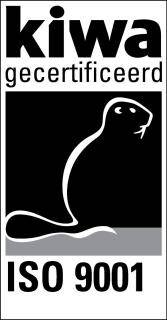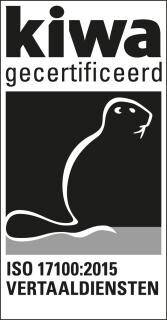Translation agency AgroLingua for translations in the agricultural sector
Contact us for a quotation!
Translations are an integral part of the landscape of globalised agriculture
Are you active in agriculture, do you produce agricultural machinery, do you have an international customer base? In that case, you probably need good translations on a regular basis. Then look no further than translation agency AgroLingua. Our team of translators (native speakers) are experts in translations for the agri-food sector.
Industrialised agriculture is a major food supplier
When we talk about agricultural activity, we usually mean arable farming. Livestock farming and horticulture are also often included in agricultural activities, unlike forestry or fisheries. Crops such as wheat, barley, maize, oats, millet and rye traditionally occupy an important place in arable farming, but new crops such as rice or quinoa are also grown today. As machines have taken over a large part of the hard, manual work, agricultural production has increased considerably over time. This means that there is no shortage of food in Europe and that consumer demand can be met without any problems.
Small-scale approach, a new trend
A new trend is also emerging in agriculture, in which farmers are once again opting for a small-scale approach and focusing on organic farming. For example, seasonal and local production is slowly but surely gaining ground again driven by critical and changing consumer demands. In some cases, agricultural producers concentrate on a particular niche market and grow special 'exotic' crops such as quinoa. This superfood, originally from Peru in South America, has enjoyed huge popularity in recent times.
When a company imports certain seeds from abroad, it can benefit greatly from a translation from German, Dutch, Italian, Spanish, French or Polish. And, conversely, a good translation from English into a foreign language is of course vital for companies that export.
The rise of organic farming and plant-based food
The era that 'organic' food only interested a limited group of alternative thinkers is far behind us. Increasing numbers of consumers now want organically grown produce, or plant-based foods, on their tables. This increasing demand obviously has an impact on the supply side. For example, sales of organic food in the UK have noted almost annual growth. International interest in organic produce is also increasing, which leads to a higher demand for translations. This offers entrepreneurs multiple new opportunities to export organic produce and plant-based produce.
Translation crucial on the international market
As a result of globalisation, translations are now more crucial than ever before in the agri-food sector. English alone is not always sufficient for the import or export of agricultural products or for the purchase of agricultural machinery or spare parts. Entrepreneurs from the agricultural sector are happy to use translations into or from languages that are spoken worldwide, such as English and Spanish. But translations into or from German, Polish, Italian, Chinese or French are also regularly needed.







